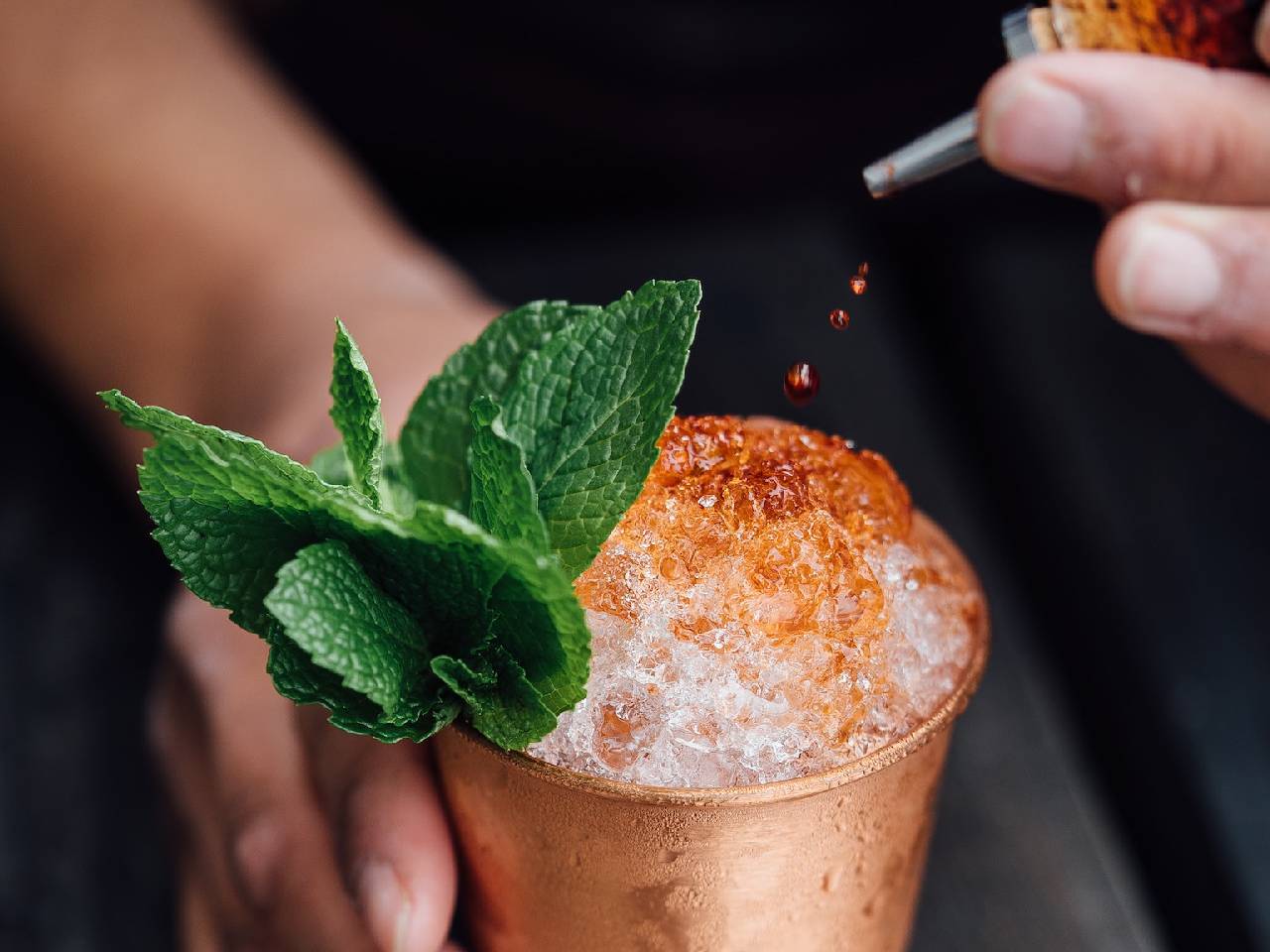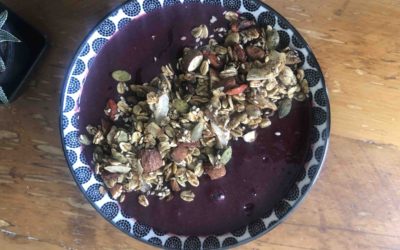Everyone overindulges sometimes.
Whatever choice of diet you follow and no matter how mindfully you usually eat, there are always moments when you sit back and realise you ate too much — or the wrong thing for you. Perhaps you ate too fast, caught up in the excitement of the event or the conversation, or maybe the menu was just richer than you usually eat and now you’re experiencing the effects of a little too much fatty food. Either way, the feeling you get when your digestion has been placed under a bit of strain can be an uncomfortable one. But there is an age-old solution — the traditional ‘digestif’ can make all the difference.
Aperitif vs. digestif
Many cultures have embraced digestive aids — to the point where you may not even consider them as such. They often contain alcohol and have become part of the familiar drinks’ menu over time, such as Campari or Aperol making an entrance as cocktails or pre-dinner drinks, or perhaps you have been offered Grappa following an Italian meal.
To be really effective, they need to have a bitter quality, which is not to everyone’s tastes. But it is this bitterness that makes them work so well, and why at the base of so many aperitif and digestif recipes there sits one of my favourite herbs — Gentian. This is also one of the key ingredients in Angostura bitters, another seen on the cocktail bartender’s shelves, but perhaps not fully appreciated for its traditional uses.
Gentiana lutea , to give it its correct Latin binomial, has more than earned its name as a King of Bitters, but bitter is good when it comes to digestion as this is what can help stimulate digestive secretions — typically what you need to help your stomach empty itself and reduce that feeling that nothing is moving. Another job of a bitter is to help increase bile flow, which is what you need to digest fat — it’s all very clever and so simple.
It doesn’t even have to be a bitter pill anymore
Not so long ago, it was thought you had to taste the bitterness for this to work. However, the beauty of combining traditional experience with contemporary research is we now know there are bitter ‘receptors’ further along the digestive tract beyond the tongue. So, experience shows us gentian works, and newer anatomical knowledge gives us a way to confidently deliver this bitter herb in a way that even those who run screaming from bitter-tasting things can still appreciate. To be fair, some people are known as ‘supertasters’ and for them, bitterness would be close to unbearable.
I have become a fan of the taste of gentian and take it as a liquid tincture — weird but true. I suspect I developed a sort of fondness for gentian once I had experienced its efficacy for myself. It’s this sensory element that forms part of my process now, as even though it’s not that often, once I taste a few drops of my favourite digestive formula I know everything will feel better soon.
My favourite digestive formula has some spice
Though you can certainly use gentian as a ‘simple’ or single remedy, I prefer to compound with something to help balance it out, as bitters are traditionally viewed as elementally cool. In this instance, I choose to warm things up with another excellent and complementary digestive aid: ginger. Between the two of these (and the small amount of alcohol that makes up a herbal tincture), I have a very simple but very effective digestif.
Other digestive solutions are available
What can you do if you don’t have access to a qualified herbalist or naturopath, or you cannot use an alcoholic tincture? There are the abovementioned digestive tablet forms now available, or you could try some freshly grated ginger and a little lemon as a tea — sour tastes can also help support healthy digestion. Other traditional herbal digestive teas include chamomile, peppermint, fennel, or dill — but with all the above, check with your health provider before taking, especially if you are on any medication.
The adage “you are what you eat” I think is an important one — but let’s not forget you also need to digest and digest well. Go back to the basics of chewing thoroughly, eating mindfully and only until 80% full, and never ‘on the run’, and this will help get the digestive process off to a good start — but for those occasional times when maybe you’ve overdone it, have a good digestif to hand.




